Exact Answer: 25 years
Over the years, scientists have been conducting researches on animals and human beings to determine their life span and the factors affecting that lifespan. Different animals have different life spans; the life span of each animal is influenced by both genetic and environmental factors.
Fish is no different, how long a fish lives is significantly dependant on the species of the particular fish. Generally, more abundant fish have a longer lifespan, and smaller fish have a shorter lifespan.
Fish in an aquarium will live longer than fish living in the sea. This article will explore the length of the fish life span and explain why they live that long.

How long do fish live
| Fish Type | Lifespan |
| Goldfish | Approximately 25 years |
| Bettas | Approximately 3 years |
| Killifish | 1 to 2 years |
| Swordtails, Mollies and Platys | Less than 5 years |
| Loaches | 10 to 15 years |
| Silver dollars and Pocus | Approximately 10 years |
| Convict Cichlid | Approximately 20 years |
| Koi | 25 to 30 years |
| Greenland Sharks | Approximately 272 years |
Fish species affects its lifespan, and the two most popular fish species are goldfish and bettas. Fish species can be generally divided into fish with a long life span and those with a short life span.
Species such as the betas, killifish, swordtails, mollies, and platys have a short life span while species such as goldfish, loaches, silver dollars, pocus, and convict cichlid have a longer life span. Fish that lay eggs are said to live longer than the fish that give birth to young ones.
The Koi fish live for 25 to 30 years; however, reports state that they can live for 200 years. Sharks are another fish species that could live for ages, and the Greenland sharks are said to be the longest-lived vertebrae.
Their average life span is 272 years, and the oldest one living for 292 years. These fish, however, rarely live to their full potential due to various factors but mainly due to poor care and habitat.

Why do fish live this long?
Determining the life span of a fish can be a guessing game, however considering various factors such as its size, metabolism, and its reproduction, as well as the environmental factors, would help in estimating its life span.
More substantial fish have longer life spans than smaller fish, larger fish have lower levels of metabolism than the smaller fish; thus, they live a more productive and therefore longer life.
Egg-laying fish have a longer lifespan than the fish that give birth to young ones. Considering aquarium fish, egg layers such as catfish, goldfish, tetras, and silver dollars have a longer lifespan of 10 years, and above while platys, mollies and guppies are all live-bearing fish have a shorter life span of three to five years.
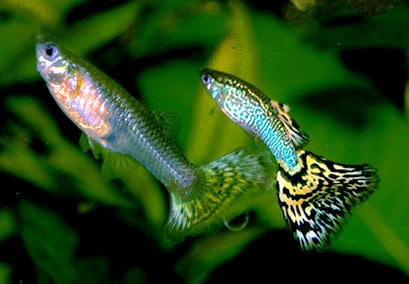
It is nature’s goal to ensure genes are passed on from one generation to the next. Thus the sexual maturity of different fish species will significantly depend on their life span. The Greenland shark, for example, matures very slowly, study shows that it reaches sexual maturity at the age of 156 years while a turquoise killifish are seen in vernal pools during the rainy season, they grow and mature to reproduce before the pools dry up. They live for about 12 weeks.
Assess the environmental factors of your proper fish care will lengthen its life span. Make sure the water is good, the fish is well fed.

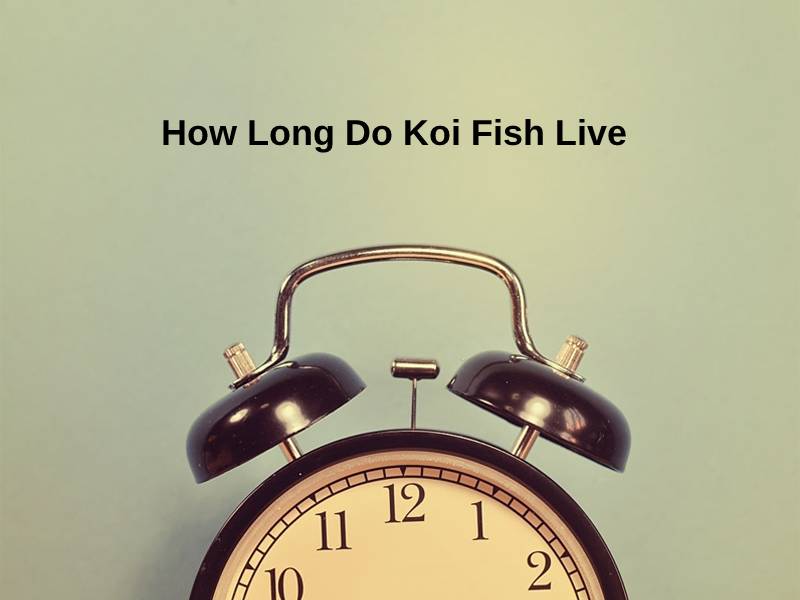
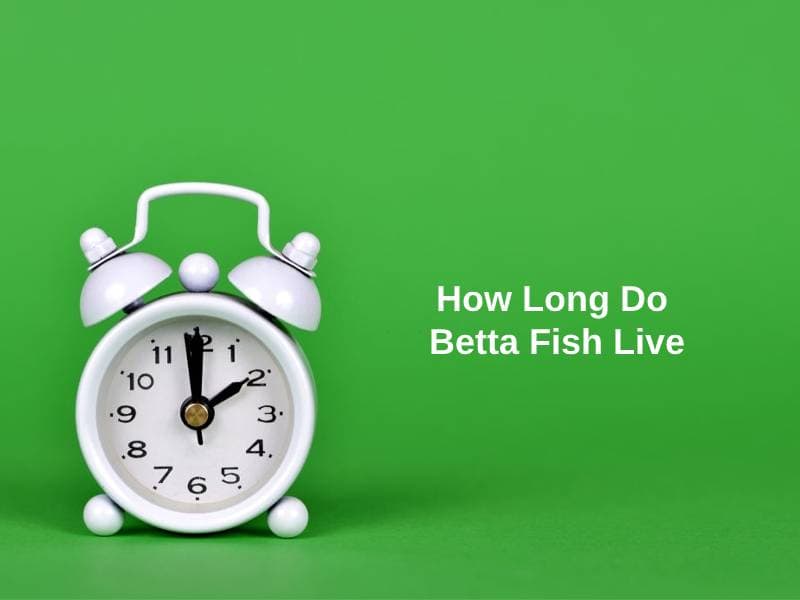





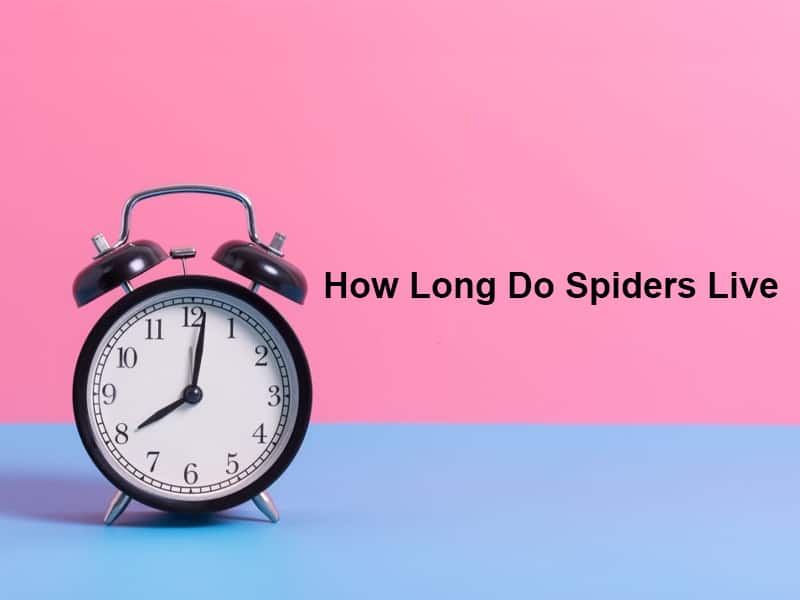










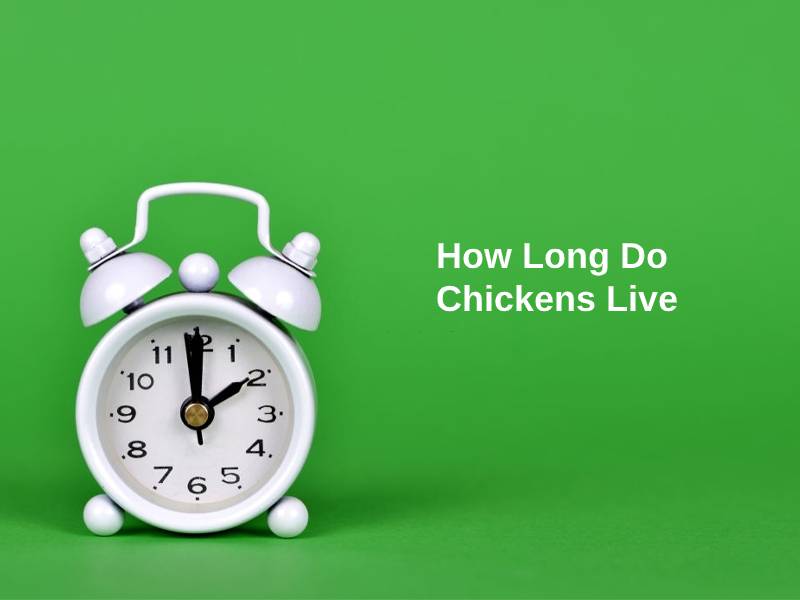

As a fish owner it is important to keep in mind their long life span and invest all the necessary care for them.
That is the key for having healthy and happy pets.
It is interesting to learn all these facts about the life span of fish. It is really remarkable.
Certainly, it is important to know how to properly care for our pets.
Yes, it is good to know for the health of our pets.
It is astonishing to learn about the life span of these fish.
Yes, it is incredible.
Learning these facts is really surprising.
This information is quite interesting.
The impact of different factors is very interesting when analyzing the life span of fish.
It is clear that the life span of fish is influenced by multiple factors and learning about them is beneficial.
That is something that we must take into account.
I think this information is helpful for all the fish owners out there.
It is important to always provide proper care for our pets.
Yes, it is always good to have this information at hand.
Given the life span of these fish, it is clear that we must have the full comitment for these fish as pets.
That is something that is worth taking into account if you are considering to get a fish as pet.